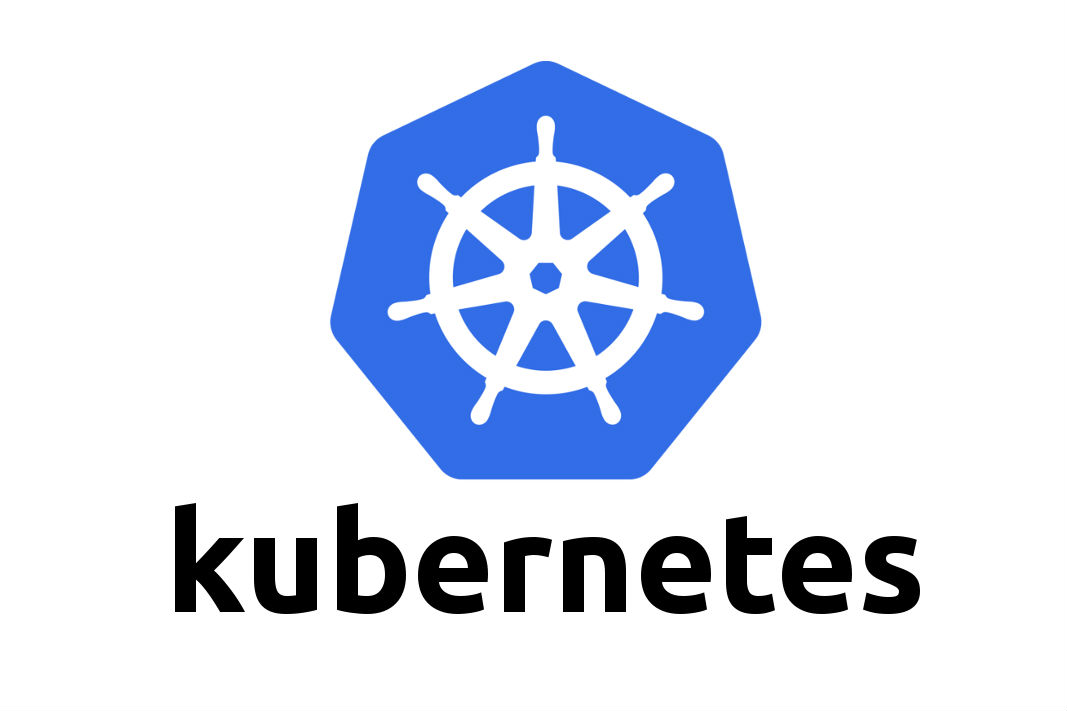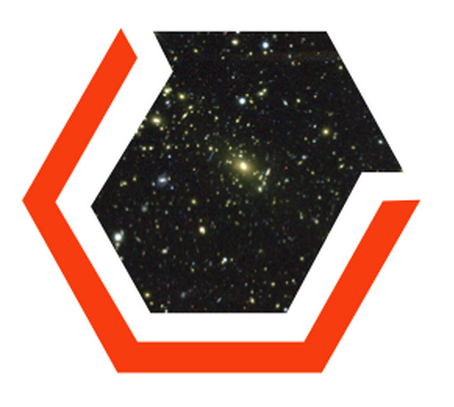 DES Labs
DES Labs
Current Projects
Overview
We work on a variety of projects, some of which are described on this page. Our flagship product and the most complex project is our DESaccess service, featured at the top. Most of our projects are open source and thus available to the general public and to anyone who wishes to help us develop these tools and services for the advancement of science. Use the Current Projects menu to jump to a project and learn more.
DESaccess development
This project focuses on DESaccess, an open source set of tools to access and analyze astronomical data, used as a primary research tool by hundreds of astronomer around the globe. It provides means to query the Oracle DB hosting the DES data and generate cutouts from astronomical images. This project has three main components: Front-end, back-end and deployment. We continue to develop and improve these components, as we add new features and improve the overall system architecture. For a longer description of these tools please explore the DES public data release site.
The code powering DESaccess as well as the DES release site are open source. The DESaccess website is built HTML, JS and LitElement from the Polymer Project that provides a reusable web component framework. The DESaccess API server and job management system are written in Python and use packages including the Tornado web framework and the Kubernetes Python API. All of these applications are containerized using Docker and run within a Kubernetes cluster, providing a robust system enabling high-availability services with scalable deployments and efficient resource usage.
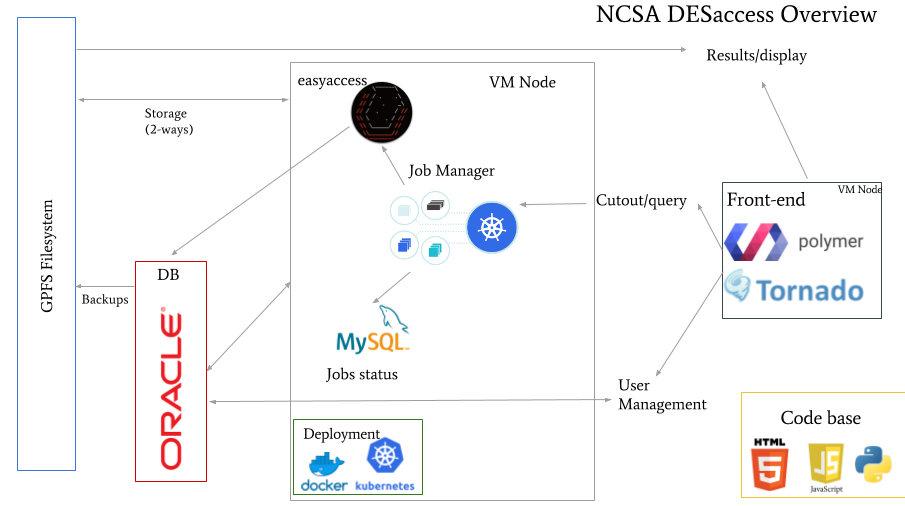
Can be seen in the Figure with the schematic drawing
Difficulty:
It depends on the features to be added, but medium is a good classification
Mini-projects:
- Live monitoring system
- Interactive footprint
- Automatic deployment
- Better control of timeout jobs
- public API
Links:
Galaxy images recommendation system
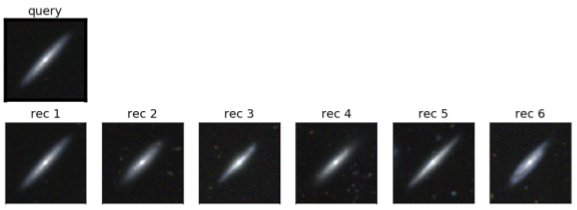
Python, Tensorflow, Scikit-learn, image manipulation, Machine learning
Requirements for front-end:
Polymer, HTML, Javascript, Python, Tornado
Difficulty:
medium
Monitoring services with InfluxDB and Grafana

Python, InfluxDB, Grapahana, Docker, Kubernetes, Prometheus (as alternative)
Difficulty:
easy
Somsphere
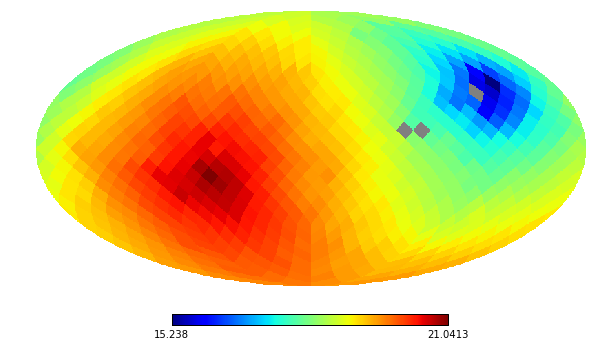
Python, C++, machine learning
Difficulty:
hard
Repository:
https://github.com/mgckind/somsphere
Continuous integration and deployment (CI/CD)
Docker, Kubernetes, ArgoCD, Helm
Difficulty:
moderate
Repository: https://gitlab.com/des-labs/kubernetes
Data Vista
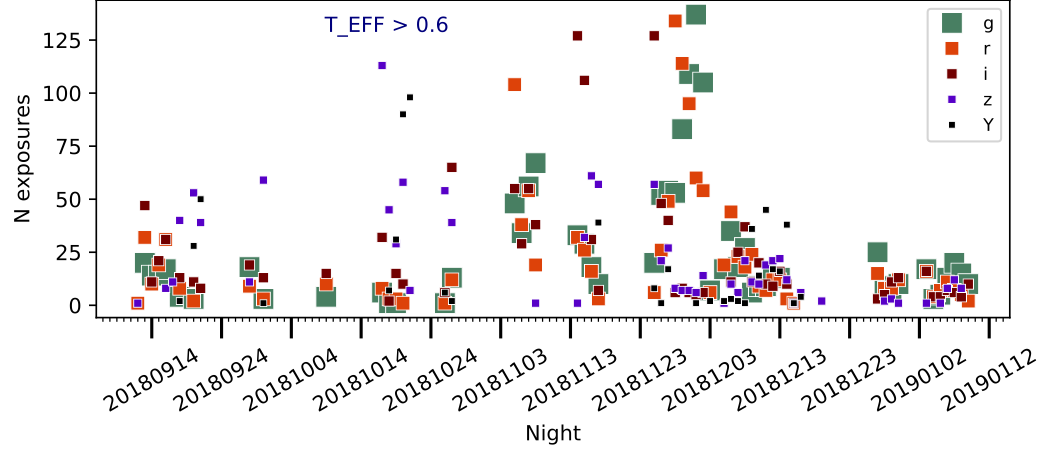
Python, Bokeh, Holoviews, Polymer
Difficulty:
easy
Repository:
easyaccess plugin features

Jupyter Lab wrapper for images

